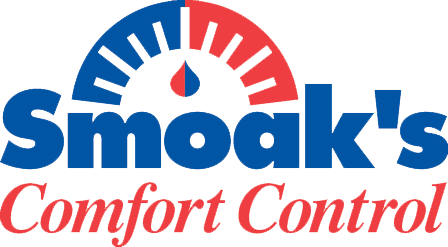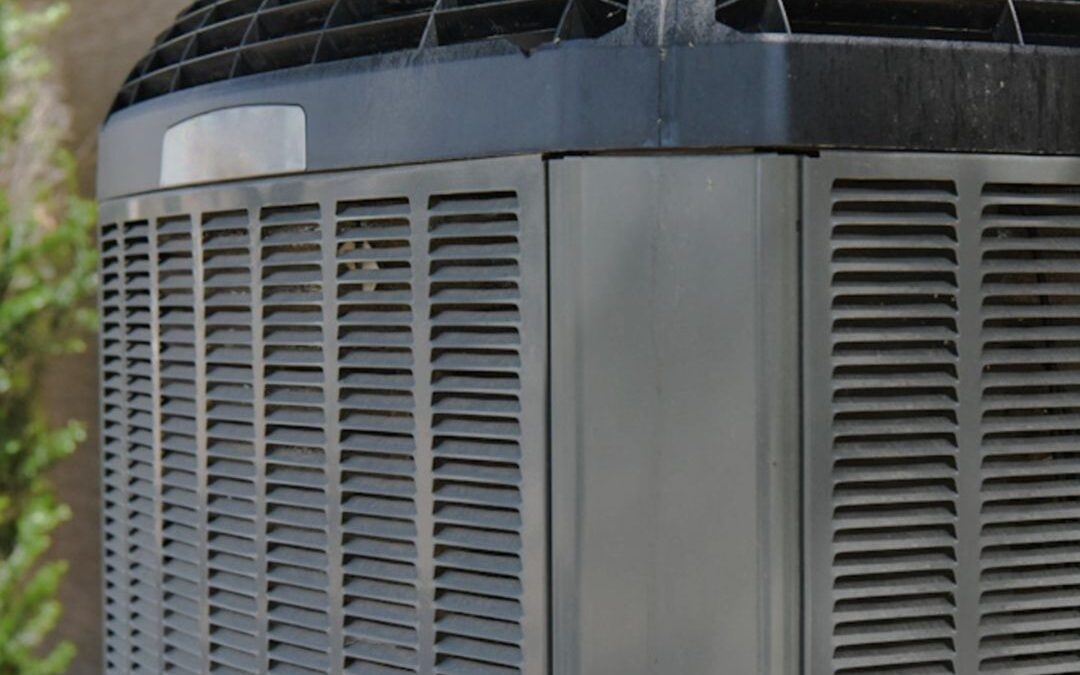In the winter, your heat pump becomes essential to keeping your home warm, cozy, and cool during the summer. Heat pumps are efficient systems that provide heating and cooling, making them versatile year-round. Heat pump maintenance is imperative to ensure optimal performance all year. We’ll explore why heat pump maintenance is essential, the specific tasks involved, and how proactive care can enhance your system’s efficiency, longevity, and effectiveness.
Understanding the Importance of Heat Pump Maintenance
Heat pumps are unique HVAC systems that transfer heat indoors and outdoors, acting as a heater and an air conditioner. During the winter, they extract heat from the outdoor air and move it indoors, providing warmth even in cold conditions. Proper maintenance is essential for several reasons:
1. Efficiency Optimization
Routine maintenance ensures that your heat pump operates at its peak efficiency all year. A well-maintained system requires less energy to provide the same level of heating, contributing to lower energy bills and reduced environmental impact.
2. Preventing Breakdowns
There is never a good time for your heat pump to break down. Regular maintenance helps identify and address potential issues before they escalate into significant and costly problems, reducing the risk of unexpected breakdowns and the discomfort they bring.
3. Extending System Lifespan
Like any mechanical system, heat pumps don’t have an infinite lifespan. Proper maintenance, including cleaning, testing, and calibrating, can significantly extend the life of your heat pump, maximizing your investment.
4. Ensuring Consistent Comfort
Consistent heat output is crucial for maintaining a comfortable indoor environment during the winter. Preventative maintenance tasks such as inspecting and cleaning the coils, air filters, and other components help ensure that your heat pump consistently delivers the desired warmth.
5. Maintaining Indoor Air Quality
The air filters in your heat pump are crucial in maintaining indoor air quality. Regular cleanings and air filter replacements prevent the buildup of dust, debris, allergens, and other contaminants and ensure the air circulating in your home is clean and healthy.
Essential Heat Pump Maintenance Tasks
Now that we understand why heat pump maintenance is essential let’s explore the specific tasks that should be part of your winter maintenance routine:
1. Inspect and Replace/Clean Air Filters
Air filters trap dust, debris, and contaminants, preventing them from entering your home’s air. Over time, filters can become clogged, restricting airflow and reducing efficiency. Inspect and clean or replace air filters according to the manufacturer’s recommendations, typically every 1 to 3 months.
2. Check Thermostat Settings
The HVAC professionals will provide final documentation, including installation details, warranty information for the new equipment, and any relevant user manuals. It’s essential to keep this documentation for future reference and warranty claims.
3. Inspect Ductwork for Leaks
Leaks in your ductwork can significantly reduce the efficiency of your heat pump. Call an HVAC professional to perform a thorough inspection to evaluate whether you need ductwork repair or replacement. Sealing any leaks will improve the system’s performance and energy efficiency.
4. Clean and Clear Outdoor Unit
Your HVAC system’s outdoor unit can accumulate dirt, leaves, and debris. Regular cleanings ensure that there are no obstructions that could impede airflow. A clear and clean outdoor unit contributes to optimal heat exchange.
5. Inspect and Clean Coils
The outdoor and indoor coils are crucial in the heat exchange process. Inspect these coils for dirt and debris and clean them as needed. Dirty coils can reduce heat exchange efficiency and strain the system.
6. Check Refrigerant Levels
Proper refrigerant levels are essential for the heat pump’s ability to transfer heat effectively. If you notice a decrease in heating performance, it may indicate a refrigerant issue. A professional technician can check and adjust refrigerant levels if necessary.
7. Lubricate Moving Parts
Moving parts, such as fan motors and other components, benefit from proper lubrication. HVAC technicians can inspect these parts and lubricate them where necessary to reduce friction and prevent premature wear.
8. Inspect and Tighten Electrical Connections
Loose electrical connections can lead to system malfunctions and even pose a safety risk. A professional can inspect electrical connections, tighten components, and secure wiring.
9. Test Defrost Cycle
Heat pumps have a defrost cycle to prevent the outdoor unit from freezing. A technician will check the defrost cycle during a maintenance visit to ensure it functions properly.
10. Schedule Professional HVAC Maintenance
While homeowners can perform some maintenance tasks, scheduling professional maintenance twice a year is advisable. HVAC technicians have the proper training and tools to perform comprehensive inspections, tune-ups, and adjustments beyond routine DIY homeowner maintenance.
Proactive Maintenance Tips for Homeowners
In addition to the specific maintenance tasks mentioned above, here are some proactive tips for homeowners to ensure the ongoing health of their heat pump system:
1. Keep the Area Around the Outdoor Unit Clear
Trim any vegetation or obstructions around the outdoor unit to maintain proper airflow. A clear space around the unit allows for efficient heat exchange and prevents potential damage.
2. Monitor System Performance
Pay attention to changes in your heat pump’s performance, such as unusual noises, decreased heating output, or longer heating cycles. If you notice anything unusual, it’s a sign to schedule heat pump repair.
3. Regularly Check and Clean Air Vents
Ensure that air vents and registers are unblocked and open. Regularly clean vents to prevent the accumulation of dust and debris, which can hinder airflow.
4. Invest in a Programmable Thermostat
Programmable thermostats allow you to set heating schedules based on your daily routine. Not only does this enhance comfort, but it also contributes to energy savings.
5. Be Mindful of Energy Consumption
Keep an eye on your energy bills and be mindful of any unexpected spikes in consumption. Increased energy usage may indicate inefficiencies or potential issues with your heat pump.
6. Replace Batteries in Thermostat
If your thermostat uses batteries, replace them regularly to ensure accurate temperature readings and prevent any issues with system operation.
7. Educate Yourself on Basic Troubleshooting
Familiarize yourself with the basics of heat pump troubleshooting, such as resetting the system, checking circuit breakers, and inspecting air filters. This knowledge can help you address minor issues promptly.
To schedule an appointment for heat pump maintenance in Summerville and the surrounding areas, contact us today at (843) 556-9550 or request an appointment online.

